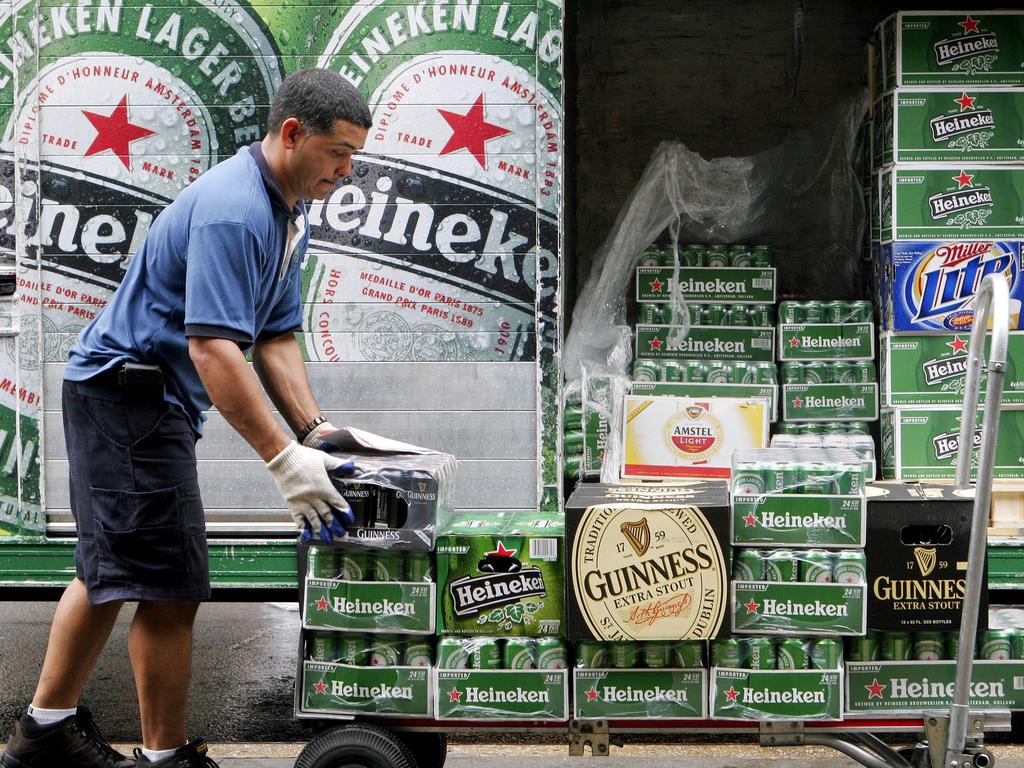Jab could rewire alcoholics’ brains and cure addiction
Scientists believe resetting the brain’s ‘pleasure pathways’ could be a long term answer for helping alcoholics become sober.

An injection could reset the brain’s “pleasure pathways” and help alcoholics become sober, a study suggests.
Scientists have adapted a form of gene therapy under development to treat Parkinson’s disease to become a cure for the most serious forms of alcoholism. It aims to allow the brain to feel pleasure normally again without the need for alcohol.
Researchers said early trials on rhesus monkeys had been “incredibly effective” in reducing alcohol consumption among dependent animals by 90 per cent. Dr Kathleen Grant, of Oregon Health and Science University, said the team hoped to develop a treatment for the most severe alcoholics who had failed to respond to “all our normal therapeutic approaches”.
Alcohol can trigger the release of dopamine, part of the brain’s reward system. Those who become addicted can find they have to drink ever larger amounts to induce the same feeling of pleasure. The study, published in the journal Nature Medicine, said that in the most serious cases this can effectively rewire the brain, leading to a “sustained dysfunction of reward circuitry”.

Studies have found that the brains of people with severe alcohol problems produce less dopamine than usual. Research shows this can lead heavy drinkers to relapse after periods of abstinence. Grant said: “At this time, there are no therapies that target circuits in the brain that are altered by sustained, heavy alcohol use.”
Her team’s procedure involves surgery to inject a virus containing a key protein into a central region of the brain. The harmless virus ensures that the protein, called glial cell line-derived neurotrophic factor (GDNF), is implanted directly into cells.
Scientists are testing the use of GDNF as a form of therapy to boost the survival and function of cells damaged during the development of Parkinson’s disease. It can also help to activate the neurons that produce dopamine.
In the trial, a group of eight adult male rhesus macaques were “habituated” to drinking water with 4 per cent ethanol, similar in strength to lager. Half the animals were then treated with the brain injections while the other four were used for comparison.
The study found the injection “blunted the intake of alcohol across multiple four-week abstinence and four-week alcohol-reintroduction cycles”, leading to a 90 per cent fall in intake.
Professor Dusko Ilic, professor of stem cell sciences at King’s College London, who was not involved in the study, said the therapy was “an interesting avenue to explore”.
He added, however, that further tests were needed to investigate whether activating cells that produced dopamine could “cause a myriad of other problems”.
The Times





To join the conversation, please log in. Don't have an account? Register
Join the conversation, you are commenting as Logout